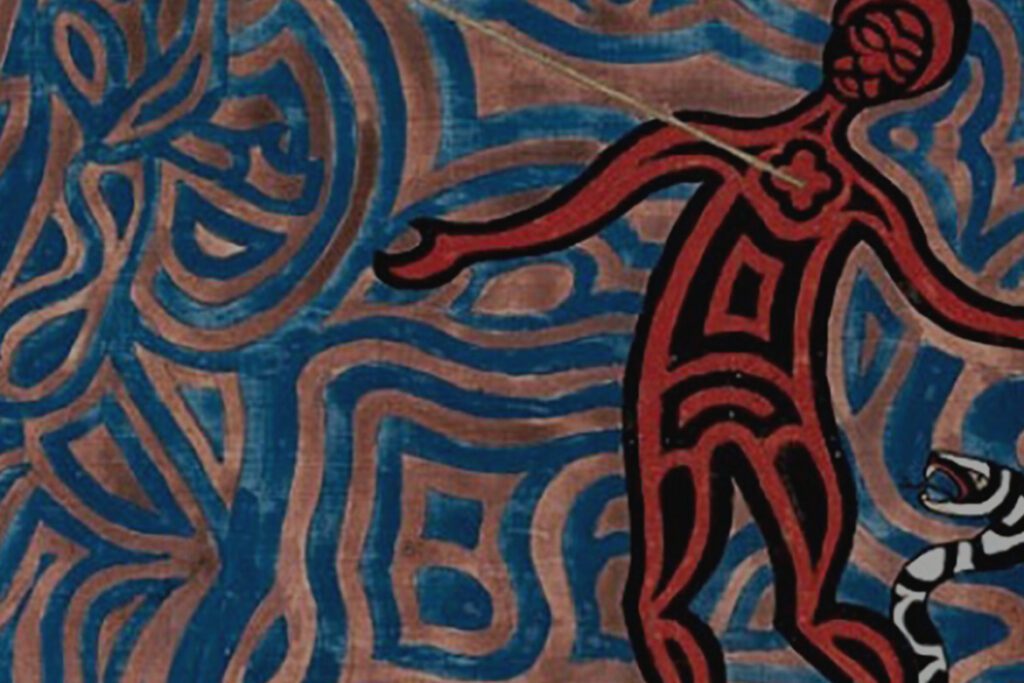
Experiencing the Pandemic
By Del McNeely
This time of global distress is an opportunity in our evolution to examine our species’ response to a unique situation – the threat to survival that is presenting itself, not to a particular group or section of society but to every person at once. What happens in the individual psyche when faced with death to our species alongside every other family member, neighbor, friend, rival, or competitor? It will take years for survivors to collect information about this unintended experiment into the human response in the face of immediate death. Meanwhile, we can each look at our personal responses in our ongoing process of individuation.
The current threat to survival is, in one sense, just a concentration of the usual; without exception, we are all faced with dying, but at some unknown time of multiple possible causes, and with access to many distractions and defenses, not with this immediacy. The ordinary awareness of our vulnerability does not smack us and remains in the forefront of our waking thoughts, as does the shocking impact of this disaster. Individuation invites us to be aware of our psyche’s responses to this experience – our images, dreams, free associations, intentions, and actions. One response I have noticed in facing the acute possibility of death is a marked awareness of the mystery of time.
Jungian psychology keeps us conscious of dual aspects of time, in contrasting the Spirit of the Times with the Spirit of the Depths. The first orients us to the present moment, while the Spirit of the Depths orients us to a vast and eternal expanse of time. Keeping track of the day and the time of day becomes slippery in these days of isolation without our usual schedule to orient us. We may live out long periods of solitude when time creeps slowly by or be fully engaged and aware of life swiftly flying. We may notice periods when time and space seem to be tightly closed and confined or wide and flowing into open reaches.
Mindfulness teaches us the wisdom of “living in the present”, savoring and expanding each moment of existence. Yet the desire for survival orients us toward looking ahead to prepare and plan for self-preservation and looking back to remember what we have learned about survival. Hope requires imagining a future. How will we respond in the moment of likelihood of death? Will we find ourselves in-depth time, detached from the desire to keep our body alive and staying peacefully in the moment? Or will the body’s instinct to preserve itself take over and excite us to fight for survival? Where in ourselves will we find comfort? In what will we trust?
Will a belief in the eternal life of the soul prevent distress at the moment of death? Will a sense of satisfaction, completion, and gratitude bring as much comfort as a belief in eternal life? How do we perceive time during isolation? How does the will to live to express itself if we are alone in a deadly emergency? How does one experience time during periods of relentless pain, during hours alone on a ventilator, and during disorienting and confusing emergencies? How do we talk to ourselves at those intense moments?
Some of us, like first responders and extreme athletes, choose to face these questions daily; for prisoners and warriors, the conditions are imposed, not chosen. For all of us, someday, the question presents itself whether it will be met consciously or not. How do we prepare, or not? What within us can we trust to withstand time’s mystery?
